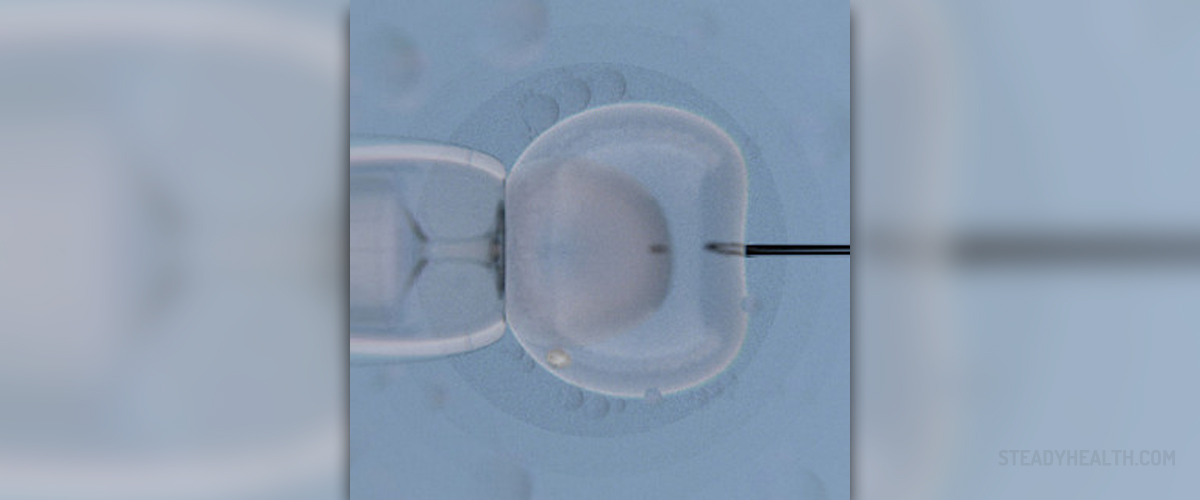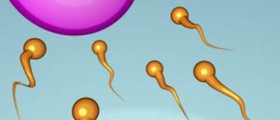
Female age has a lot to do with the success of IUI and is also not very beneficial for a woman with a significantly reduced ovarian reserve. Intrauterine insemination and low sperm count is unlikely to work which is why it is generally done as a last option if other methods have failed to result in conception. IUI is most commonly used for handling problems related to unexplained infertility and can be beneficial for ovulation related and mild male factor infertility issues. Other factors can influence whether or not IUI insemination is successful and can depend on:
Female age Number and quality of sperm Cause of infertility Duration of infertility Type of ovarian stimulation usedSuccess rates are higher in women under 35 years old and over the age of 40, these rates drop significantly. Couples using IUI due to unexplained infertility have varying degrees of success and the chances of conceiving are approximately 8% within the first month. Intrauterine insemination and low sperm count studies have shown the procedure can be relatively successful. However, when sperm count is less than 5 million the chances for conceiving and pregnancy are substantially lowered. In cases like this, IUI is generally done in conjunction with ICSI which involves directly injecting sperm into the egg. Sperm counts are not going to give a perfect indication of success rates, but after consulting with a fertility specialist a couple can get a better idea of what to expect. With help from a fertility specialist and sometimes using IUI, a couple can become pregnant and welcome a baby into the world.












_f_280x120.jpg)




Your thoughts on this
Loading...